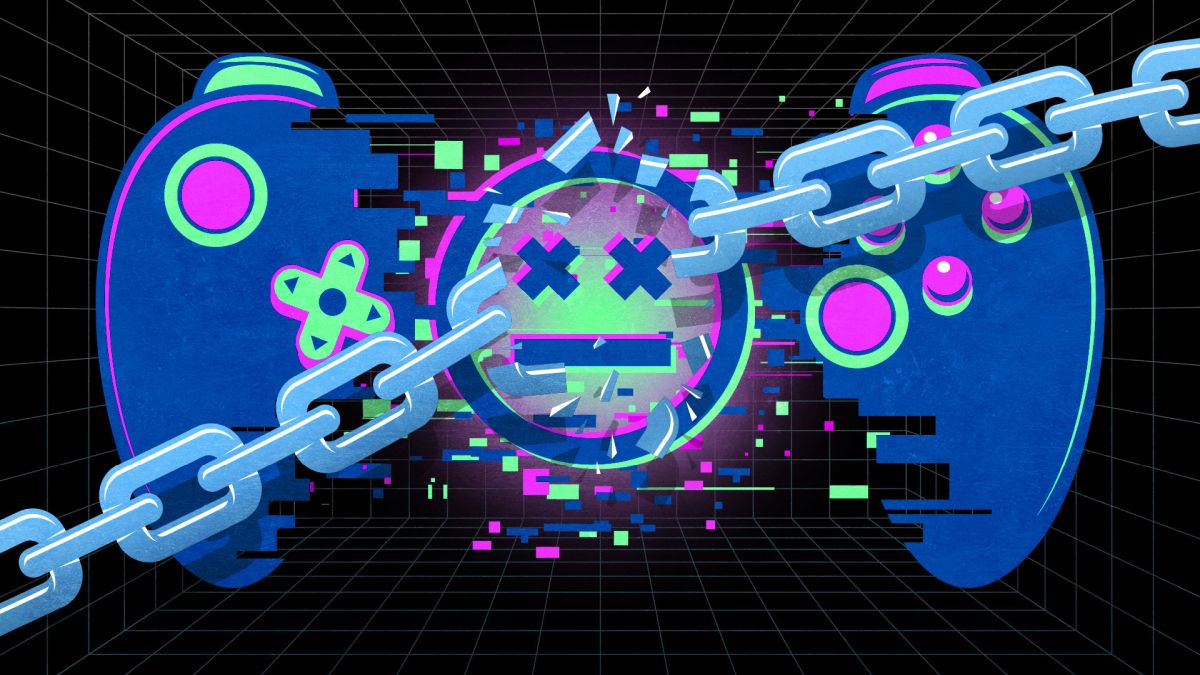Mention the name Denuvo to any seasoned gamer, and you’re bound to be greeted with disdain and disgust as a response, primarily due to the company’s DRM technology and how it impacts the performance of games that use it. Well, Irdeto, the company that bought the DRM in 2018, thinks the technology has been sorely mischaracterised and wants to change that perception, but releasing its own benchmarks.
This was confirmed by Steeve Huin, CEO of Irdeto, in an exclusive interview with Ars Technica. Huin says that the staff at Denuvo are “keenly” aware of their image in the gaming world, but mentions that their perception of evil stems from the fact that the majority of those that oppose it stem from the pirating and cracking community. “We’re seen as evil because we’re helping DRM exist and we’re ensuring people make money out of games.”

“Anti-piracy technologies is to the benefit of the game publishers, but also is of benefit to the players in that it protects the publisher’s investment and it means the publishers can then invest in the next game,” he said. “But people typically don’t think enough of that.” As for its independent benchmarks, both Irdeto and Denuvo are working on a program with two nearly identical versions of a game – one with the DRM and one without – that it hopes will allow the press and gaming media to see for themselves that its performance is still comparable, it not identical, regardless of the presence of the DRM.
For all the controversy that Denuvo has brought about with gaming performance, it hasn’t changed the fact that major video game publishers have continued to use the DRM for one simple reason: it has proven to be effective in delaying or stopping game cracks dead in their tracks. Of course, as this is an ongoing war between digital crackers and the anti-piracy company, there are times when the former comes out triumphant in cracking the game, however brief that moment is.

Huin also said that Denuvo will be “leaning more and more toward things like detecting and preventing cheating”, a move that he hopes will pivot the company’s all-but-destroyed reputation among gamers. “When it comes to anti-cheat technologies, it’s really a lot more for the players because you’re there to make sure it’s a fair and fun environment.”
(Source: Ars Technica)
Follow us on Instagram, Facebook, Twitter or Telegram for more updates and breaking news.


